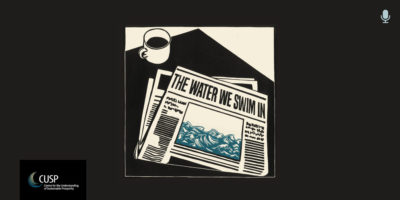Assessing the suitability of sustainability frameworks for embedding sustainability in higher education curricula
Journal Paper by Simon Mair and Angela Druckman
International Journal of Sustainability in Higher Education | July 2023

Summary
This viewpoint paper addresses the use of sustainability frameworks in embedding education for sustainability into the curriculum of higher education institutions (HEIs). The purpose of this paper is to explore the paradox that sustainability frameworks must facilitate transformation of existing structures whilst also being well-enough aligned with current conditions to be readily adopted by today’s HEIs.
Design/methodology/approach
The article proposes a set of four criteria for assessing the suitability of sustainability frameworks for use across the curriculum: relevance to current curricula, language, institutional fit and concept of the future. Using these criteria, this paper assesses how various frameworks align with the current (unsustainable) state of affairs and their transformative potential. The frameworks assessed are: the sustainable development goals (SDGs), the three pillars framework and the capitals approach.
Findings
This paper finds that each of the frameworks has strengths and weaknesses: the SDGs and the capitals approach perform well on alignment but less well on transformational criteria. Conversely, the three pillars framework performs well on transformation criteria but less well on alignment criteria. By applying the criteria set out in this paper, the authors hope those working to embed sustainability into the curricula of HEIs will be better equipped to navigate the tensions presented by sustainability transitions.
The full paper is available in open access format via the Emerald Insights’ website. If you have difficulties accessing the paper, please get in touch: info@cusp.ac.uk.
Citation
Mair S and A Druckman 2023. Assessing the suitability of sustainability frameworks for embedding sustainability in higher education curricula: pragmatism versus transformation. In: International Journal of Sustainability in Higher Education, Vol 24/9. DOI:10.1108/IJSHE-08-2020-0315



